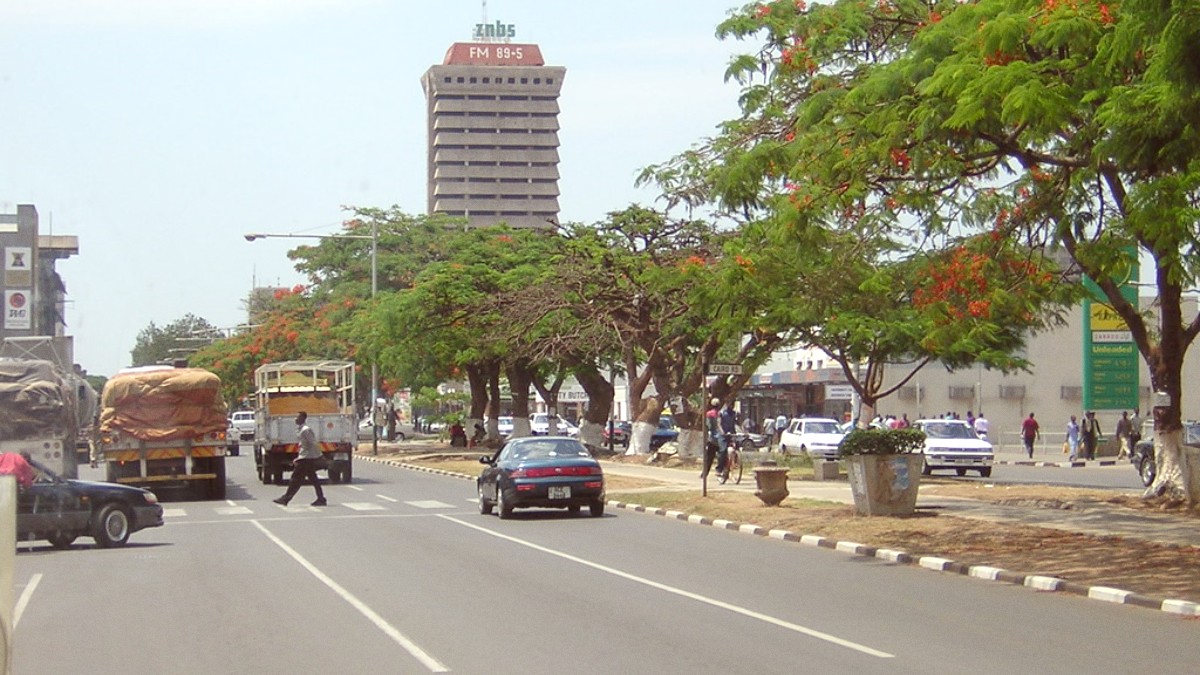
Zambia
Considered the most comprehensive and up-to-date guidebook for Zambia. A Bradt Zambia Guide is a valuable companion.
Sometimes available at hotels or tourism offices; offline phone maps are a main navigation tool.
Supplement printed maps with digital alternatives for precise location finding.
Print resources aid in understanding overall geography.
Go beyond general guides for cultural and logistical insights.
Classic wildlife book set partly in Zambia, offering natural insights.
Autobiographical account, with parts in Zambia, for personal perspectives.
"The Mast" and "Daily Nation" offer current events and local news.
Check hotel lobbies or expat boards for local magazines or flyers promoting events.
Seek local authors for fiction or poetry to deepen cultural engagement.
Police: 991, Fire: 993, Ambulance: 992. Keep travel insurance emergency contact readily accessible.
Lusaka Trust Hospital, Medlands Hospital, Fairview Hospital, Coptic Hospital (all private). University Teaching Hospital (public, major referral).
For lost passport, report to police then contact embassy for emergency travel documents. Localized flooding occurs in wet season (Dec-Mar); heed advisories.
Purchase souvenirs well in advance. Arrange shipping with major courier services (DHL, FedEx) in Lusaka. Keep purchase receipts.
Zambia does not typically offer a widely implemented VAT refund scheme for tourists. Do not expect to claim VAT refunds.
Allow ample time for travel to Kenneth Kaunda International Airport (LUN). Arrive at least 2-3 hours before your international flight. Account for potential traffic in Lusaka.
Thorough preparation reduces stress and enhances your journey, ensuring a smooth entry and exit from Lusaka.
Lusaka offers a distinct view into urban African life, contrasting with safari experiences.
Engaging with the warmth, friendliness, and resilience of Zambian people is deeply moving.
Interactions with locals often are the most memorable part, fostering a genuine connection.
Grasp Zambian ingenuity and the deep-rooted sense of hospitality (Ubuntu).
Traveling in Lusaka fosters adaptability and patience in a new environment.
Expanding your global awareness challenges preconceived notions about Africa.
Support local businesses and artisans. Purchase souvenirs directly from Kabwata Cultural Village or local markets.
Donate to reputable local Non-Governmental Organizations (NGOs) or community projects focusing on education, health, or conservation.
Participate in community-based tourism initiatives where available, offering direct support to local communities.